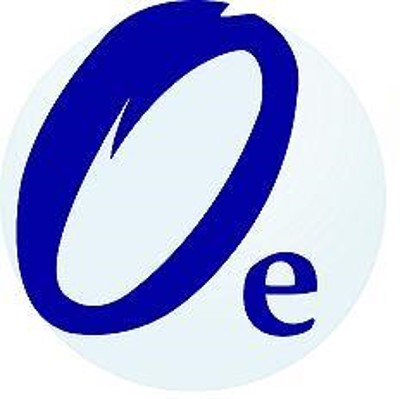Please note that this not about sales revenue but market capitalisation.


Airbnb, who offer arrangements for lodging, primarily homestays, has seen its market value fall from $70 billion to $30 billion as the number of booking have gone down by 85% and WeWork an American commercial real estate company that provides shared workspaces for technology startups has gone from a value of $47 billion to near bankruptcy.
The lesson here seems to be that you should be very careful with believing in your own hype and some reality checks, are not a bad thing (At one point Airbnb had more rooms listed than the 10 biggest hotels chains, combined). So, what has this got to do with your export business, in these times of crisis?
The point is that if you are relying on one customer, channel or product then you are very vulnerable. Things may have gone swimmingly until pandemic set in, but this may also have shown that your export business can easily decline.
So how you should run your export business? To stay within the animal analogy I have got two other animals, I would like you to consider your approach to your export business.
A zebra export strategy is looking and developing new markets based on what is already known within the company, their knowledge and a sleek way to adapt to new markets and even customers. Strong examples of a zebra strategy have been seen in many of the European countries within the food industry where manufacturers have changed over to end-user portion sizes and restaurants change over to take away services.

The other animal you want to compare your export business with is the camel. They are known for being a steady and reliable animal – as it does not require nourishment in a long, long time as it has water in its humps and survives even in a hot dry dessert on its own.

A great example of a solid camel strategy is a company with strong market shares, customer base, steady product innovation and cash+rich.
An example that really has stood out for me in England is DS Sith packaging. When most products needed to be shipped or send out directly to end-user they supplied a top new packaging product for this use. Not yet rolled out across Europe but still to come.
The camel is steady and reliable – is your export business?
And finally…
here is animal I certainly would hope that you are comparing your export business with (however cute it may be).
The panda, with its distinctive black and white coat, is adored by the world and considered a national treasure in China.
Pandas live mainly in temperate forests high in the mountains of southwest China, where they subsist almost entirely on bamboo. They must eat around 26 to 84 pounds of it every day, depending on what part of the bamboo they are eating. They use their enlarged wrist bones that function as opposable thumbs.
Pandas cute – but vulnerable

Sadly, these beautiful bears are endangered, and it’s estimated that only around 1,000 remain in the wild.
